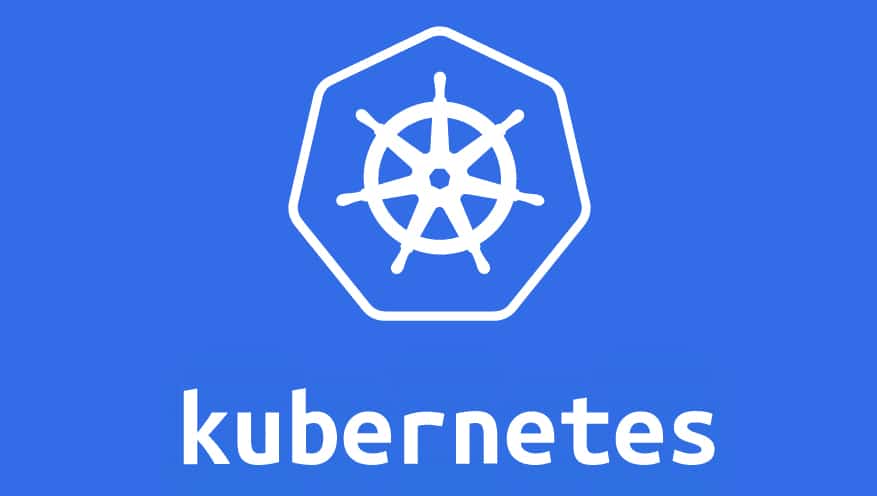The newly announced project from Google engineers, called ‘Kubeflow’, aims to leverage machine learning to address the hurdles of launching convoluted workloads on Kubernetes. Kubernetes is an open source platform that serves as the backbone of container orchestration management. With the coming of ‘Kubeflow’, Kubernetes will be able to use machine learning (ML) stacks anywhere.
Specifically, ‘Kubeflow’ includes the JupyterHub platform, which enables data science and research groups to create and manage Jupyter notebook servers. Additionally, ‘Kubeflow’ includes a Tensorflow Customer Resource, which can support either CPUs or GPUs, and be tailored to manage a specific container cluster size.
In a company blog post, Philip Winder, an engineer and consultant at Container Solutions, wrote, “Like DevOps has merged operations and development, DataDevOps will consume data science.”
The company also shared it believes working with multiple environments, from development to production, will become the norm for most ‘Kubeflow’ users. Consequently, Kubernetes is making use of the Ksonnet project, which is intended to make it easier to transfer workloads across multiple environments.
Kubernetes is currently working to cultivate a community around the project. Among the companies collaborating on the project include: CaiCloud, Red Hat and OpenShift, Canonical, Weaveworks, Container Solutions, among others. The project was much needed to make it easier to set up and productionize machine learning workloads on Kubernetes. Read more…





[…] Recently, the Cloud Foundry Foundation, recognised SUSE Cloud Application Platform as a Certified Cloud Foundry distribution. The newly certified platform brings the advanced productivity of the Cloud Foundry model to Kubernetes. […]